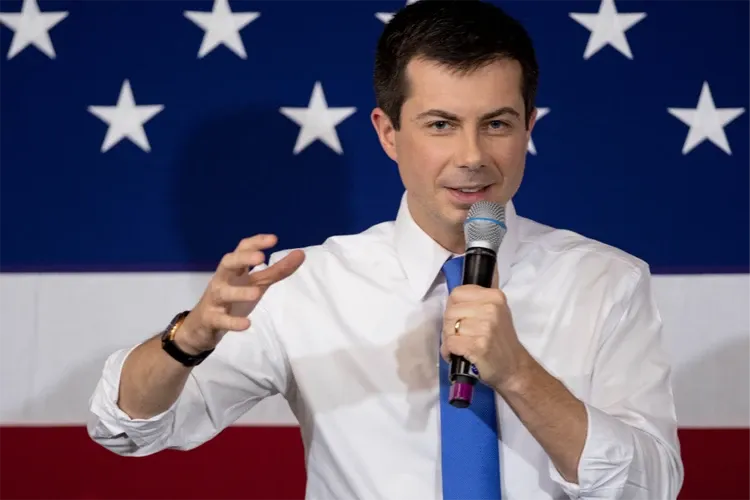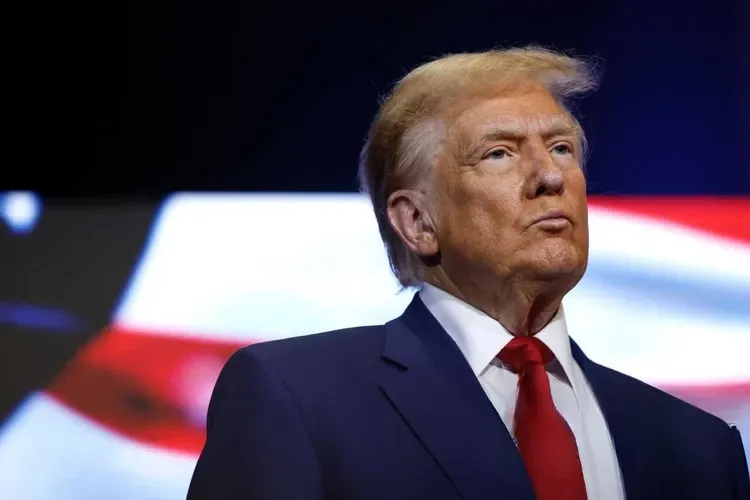Transportation Secretary Pete Buttigieg was criticized after the Biden administration only built seven or eight electric vehicle charging stations despite promises to build half a million by 2030.
White House officials previously vowed that they would deploy $7.5 billion to construct 500,000 new electric vehicle chargers across the country by 2030 as part of their broader efforts to accelerate a transition away from internal combustion vehicles, yet they have only built seven or eight chargers across six states nearly three years after the funds were approved. Buttigieg insisted that the goal would be met when pressed by CBS News anchor Margaret Brennan.
“In order to do a charger, it’s more than just plunking a small device into the ground. There's utility work, and this is also, really, a new category of federal investment,” Buttigieg said. “But we've been working with each of the fifty states, every one of them is getting formula dollars.”
“Right, but that gets to the point about not being able to make long distance travel possible quickly, if you don't have the infrastructure there to support it,” Brennan noted.
Buttigieg responded by noting that “most of the charging infrastructure right now is being provided by the private sector,” claiming that the federal funds are currently leveraged to “fill in some of the gaps in areas where it is not yet profitable for the private sector to do it.”
The efforts from the Department of Transportation come after President Joe Biden called for half of new vehicle sales to be electric by 2030. The electric vehicle mandate nevertheless occurs amid widespread consumer hesitance toward the technology: one survey indicated last year that 21% of consumers are “very unlikely” to consider an electric vehicle purchase, with many “becoming more adamant about their decision” to avoid the models.
California and other states have also imposed requirements that all new cars and passenger trucks must be zero-emission by 2035. Newsom claimed the policy is “the most impactful step our state can take to fight climate change” and to decrease reliance on nonrenewable energy. Republican officials recently filed a lawsuit against the state government of California over their efforts to mandate electric semitrucks, contending that the move imposes on the rest of the nation by limiting the efficiency of international ports and restricting the movement of goods.




